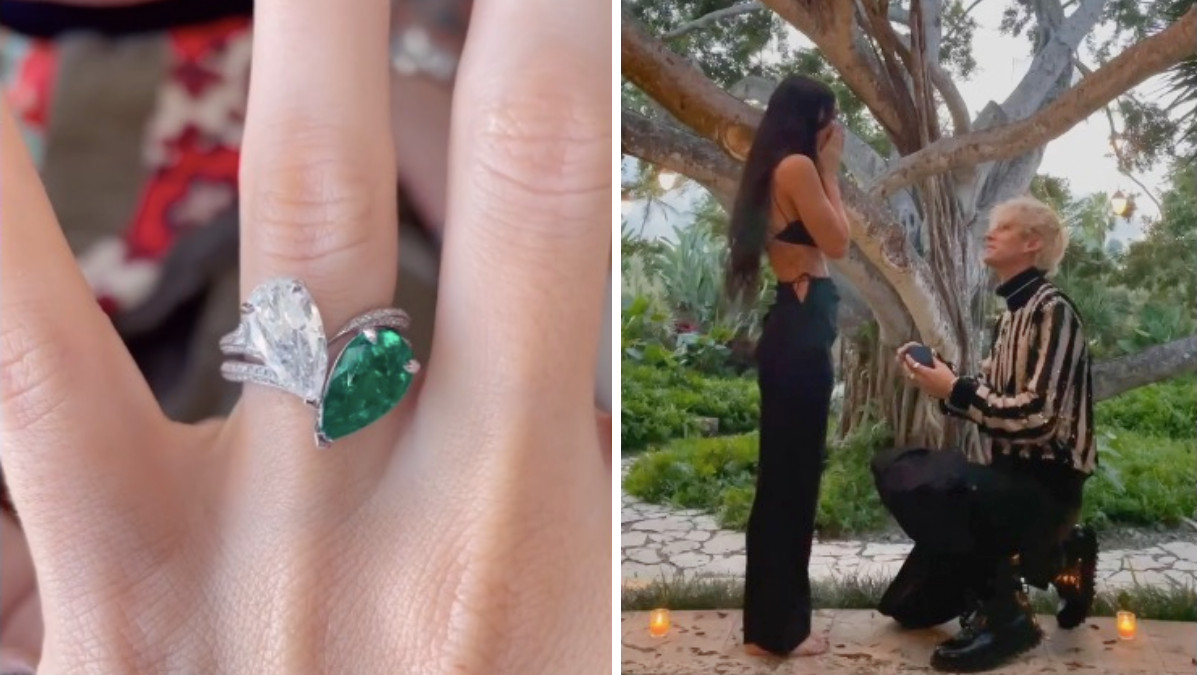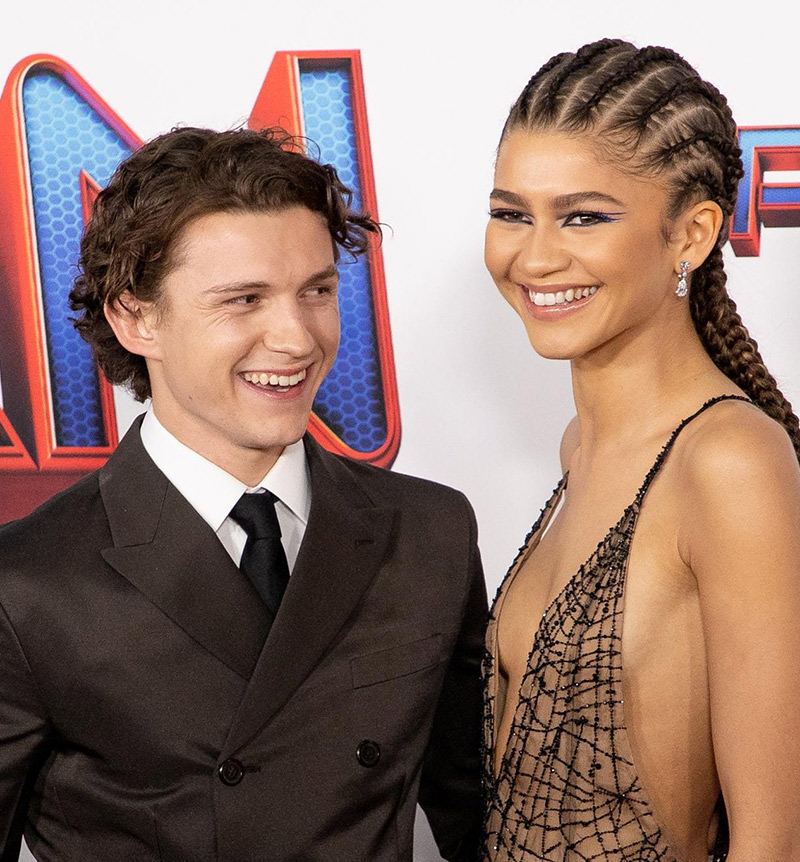What is love?
Written by REAL Relationships for our friends at the Delaware Coalition Against Domestic Violence (DCADV).
Who are your healthy relationship role models?
Social media is a great way to find people and interests that inspire you, connect with family and friends, learn something new, and share with others. However, social media influencers and popular culture also create content that may be complex, perpetuate stereotypes, and often spread misinformation. Despite our tech-savvy skills and life experience, sorting out facts from fiction can be challenging to navigate. How does all of this information on social media impact our worldview and expectations of relationships?
Some people idolize celebrity couples and internalize the messages they see online and through popular culture. For example, the rapper turned punk rock star MGK recently proposed to actress Megan Fox. At first glance, the emerald and diamond ring appears beautiful and sentimental as it represents both of their birthstones in a nontraditional setting.
However, the deeper meaning of the ring is much more concerning.

The ring resembles thorns and is held together by a magnet that, if Megan were to try to remove the ring, would cause her physical pain. MGK proudly claims that this is because “Love is pain,” which is why the thorns are integral to the design. Scrolling through Megan’s Instagram and social media, you can now see the ring front and center in many photos, along with thousands upon thousands of comments of fans exclaiming their love for the ring and the symbolism behind it.
How many see this and think that pain associated with love is okay and that your partner physically hurting you is a sign of love and not a red flag? Jealousy and pain aren’t a sign of love; they are signs of possession and control.

We can’t stop influencers and stars from sharing their beliefs and stories, but we support celebrities in healthy relationships and serving as alternative role models. For example, take Zendaya and Tom Holland, the famous Hollywood couple that breaks traditional norms. Tom appears secure in his masculinity and relationship by supporting Zendaya, wearing high heels and any creative and artistic clothing she desires, despite society consistently pointing out she is taller than him. While Tom’s Spider-Man role adds another white, straight, male superhero to the Marvel Cinematic Universe, he utilizes his privilege and voice to actively advocate for diversity in the forms of race, gender, and sex in future collaborations and movies.
Zendaya is also a strong supporter of the Black Lives Matter movement, actively speaks about women’s rights, the LGBTQ+ community, and voting. She is a figure that many youths, including young black girls, look up to, and Tom has made an effort to learn about Zendaya’s values and supported her in every way he can. The couple frequently makes statements about being proud of each other, supporting each other’s career moves and independence, actively keeping parts of their relationship private, and upholding secure boundaries with the public. It sounds a lot different than “love is pain,” doesn’t it?
So how is it that teens and adults look up to both of these relationships? How do we differentiate between what is love and what isn’t?
It is important to recognize that we will be exposed to all kinds of relationship examples. But that also creates opportunities to discuss what we want in our relationships — what is healthy and unhealthy. Regardless of what the media has staged for the public to see, these stories can hold fruitful lessons.
Love shouldn’t hurt, and love definitely isn’t pain.
Love may not only be limited to what Zendaya and Tom Holland have, but we can surely learn more about it from them and other role models in healthy relationships. Social media can be a powerful tool, so let’s use it to learn about and spread REAL Relationships: Respect, Equality, Acceptance, and Love.
February is teen dating violence prevention & awareness month.
Each year in February there are nationwide efforts to help educate about the prevalence of adolescent relationship abuse, the impacts individually, socially, and economically, and how to foster safe and healthy relationships.
REAL Relationships is available as in-person presentations and programming as well as a virtual, on-demand series. We cover a variety of topics including healthy and unhealthy relationships, financial literacy, cultural norms, and consent. High schools and other youth-serving organizations can use the online series on their own and get additional support through regular check-ins, supplemental program materials, and facilitation support.
